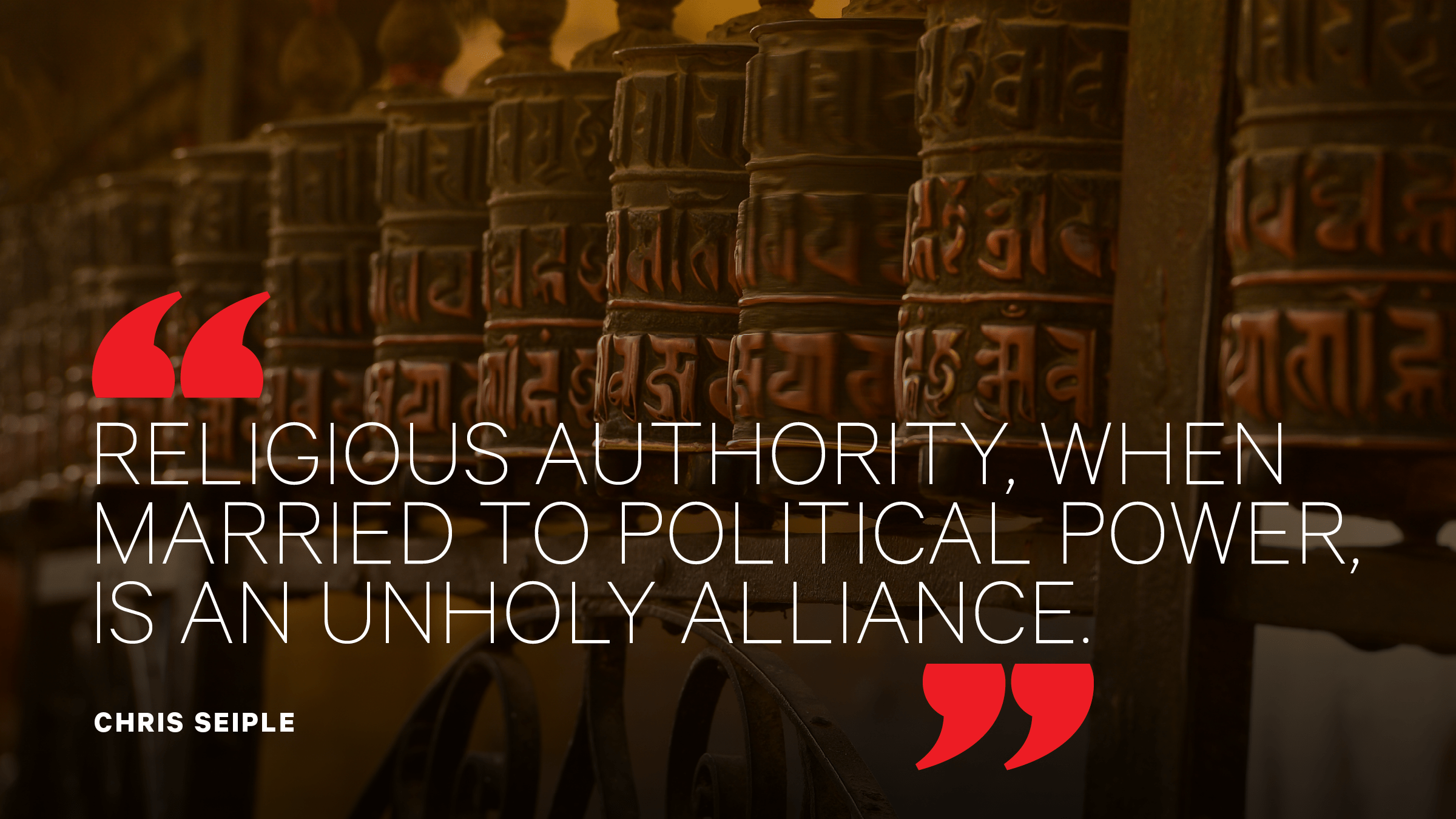In October, Nepal criminalized Christian conversion and evangelism. The law criminalizes sharing one’s faith and threatens would-be lawbreakers with fines of more than $700 and up to five years in prison. Read CT’s report.
Support for anti-conversion laws isn’t limited to Nepal’s secular government. CT’s coverage of Nepal’s decision was shared by Hindu nationalist activists hoping to convince the Indian government to make the same decision. Anti-conversion laws already exist in nearby Sri Lanka, and the State Department has previously flagged them and blasphemy laws as some of its biggest concerns for religious freedom globally.
These laws are a result of the fallen human condition, says Chris Seiple, the president emeritus of the Institute for Global Engagement, a religious freedom advocacy group.
“It’s a rare thing when you don’t have immaturity and insecurity among the majority,” said Seiple. “To have that type of security and accept other faiths and to allow for free competition of ideas and beliefs as good for the country is not the norm.”
Seiple suggests that the story of Jesus talking to the woman at the well is a model for those who do wish to share their faith in countries hostile to religious freedom.
“If we can be in conversations, we can be a position to evangelize, not proselytize, when we’ve earned the right to speak into a relationship,” he said.
Seiple joined assistant editor Morgan Lee and editor in chief Mark Galli to discuss if there’s ever an upside to anti-conversion laws, how politics and culture enable or discourage these measures, and how to change a government’s mind on religious freedom.
What is “Quick to Listen”? Read more
Subscribe to “Quick to Listen” on Apple Podcasts
Follow the podcast on Facebook and Twitter
Follow our host on Twitter: Morgan Lee
Follow our guest on Twitter: Chris Seiple
Subscribe to Mark’s newsletter: The Galli Report
Quick to Listen is produced by Morgan Lee, Richard Clark, and Cray Allred









